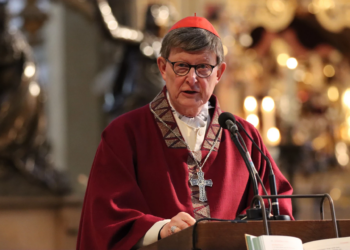The UK Supreme Court recently ruled that the definition of a woman is determined by biology not ideology for the purposes of the Equality Act 2010. We asked Sam Webster, a Solicitor Advocate and the in-house Solicitor at The Christian Institute for his initial take on the implications for churches and Christians. Here’s what he has to say…
On 16 April, the United Kingdom Supreme Court issued its ruling in the case brought by For Women Scotland against the Scottish Government. The question for the court was, on its face, a simple one: what is the meaning of ‘sex’, ‘man’ and ‘woman’ in the Equality Act 2010? Do these words relate only to a person’s biological sex or can they also refer to a person’s acquired gender where they have legally changed it? With remarkable clarity, the court has unanimously ruled that sex means biological sex.
Background
The case was brought by For Women Scotland (a feminist campaign group) against the Scottish Government. In 2018, the Scottish Parliament passed an Act aimed at increasing female representation in company boardrooms. That Act defined ‘woman’ to include those who are biologically male but are transsexuals living as if they are female (‘trans women’). For Women Scotland successfully challenged this definition in court. It was held that the Scottish Parliament — in seeking to define a woman — had legislated outside its powers.

















